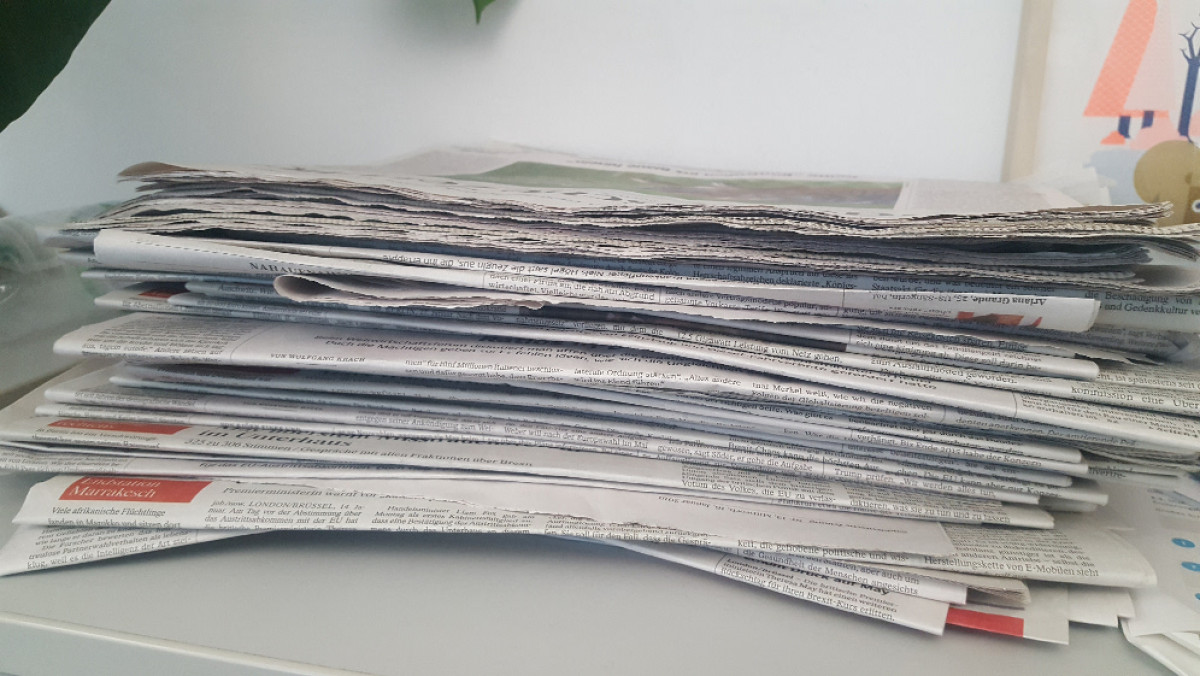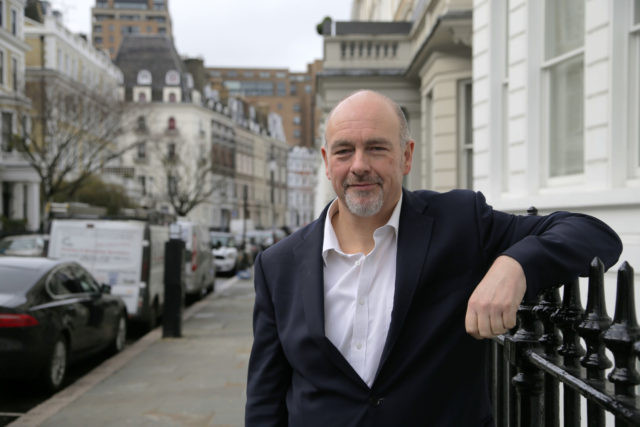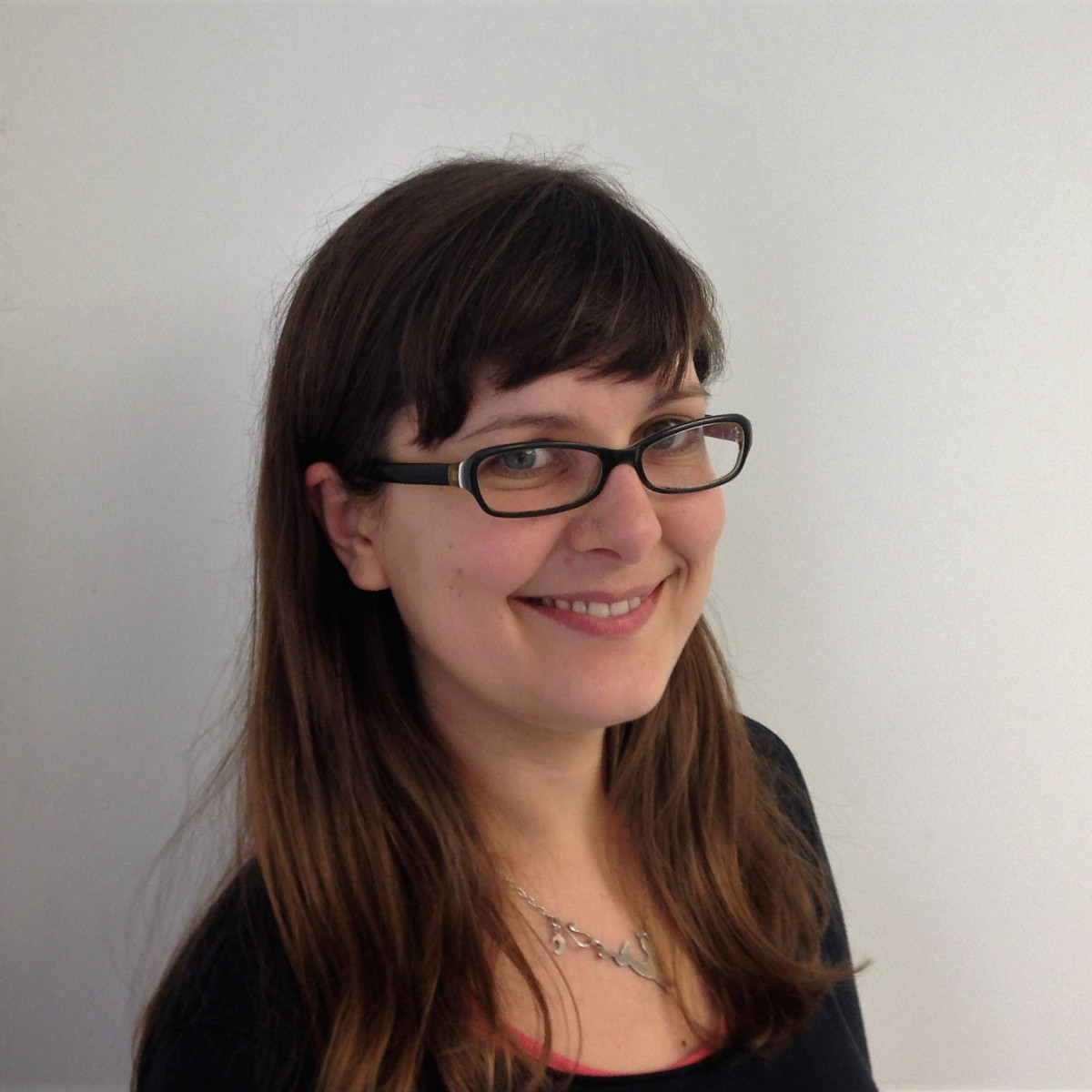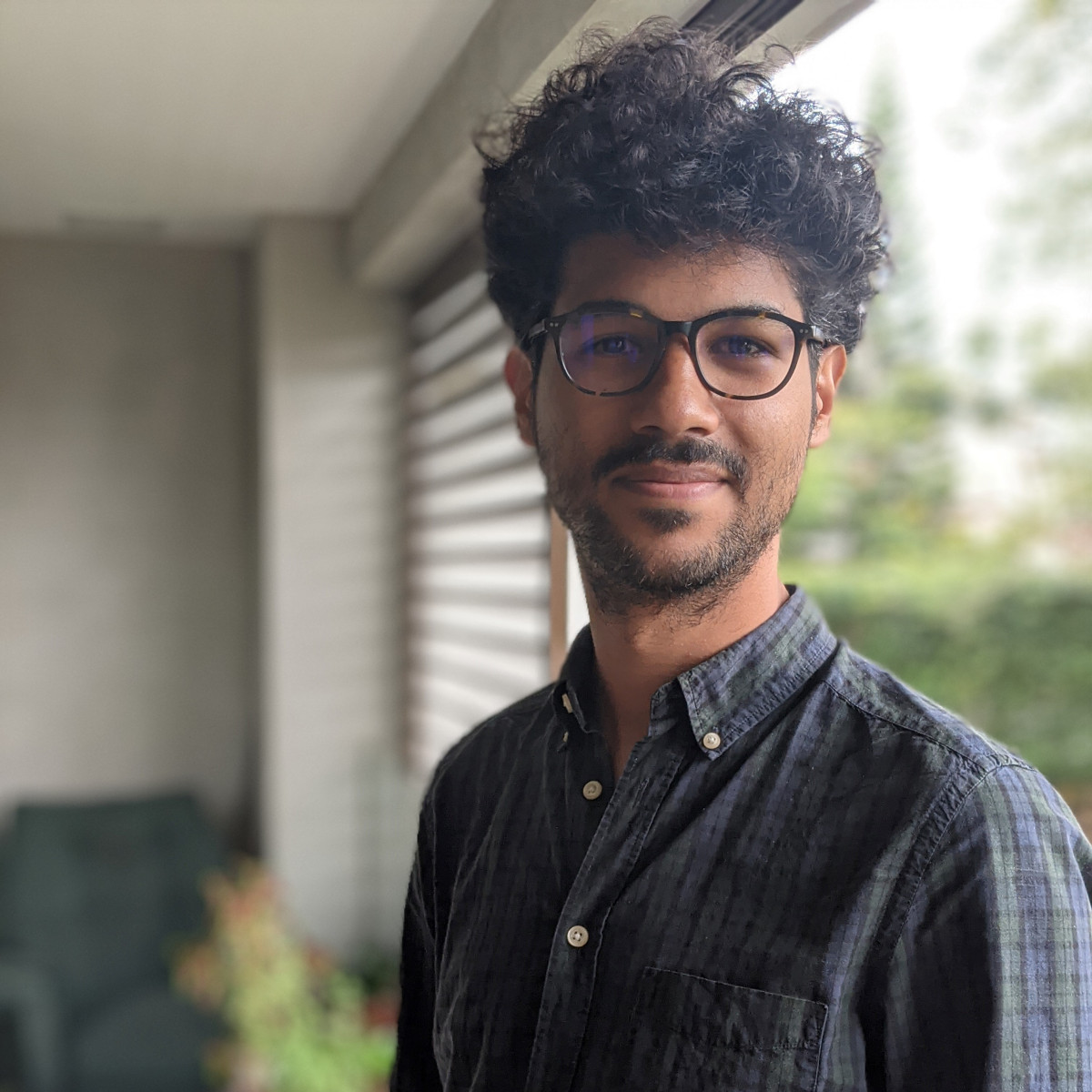Covering climate: Journalism insights on the launch of the sixth IPCC report
Climate change has long been an ambiguous media topic. Killer heatwaves, year-long droughts, massive forest fires – the effects of climate change are visible and palpable. Extreme weather events are making headlines. Yet, media around the globe are only just beginning to integrate the unfolding climate crisis into the very fabric of their reporting. For too long, global heating has been treated as a ‘science story’ and the focus on emissions scenarios, future risks and remote locations in the Arctic or on Pacific Ocean atolls has kept climate change at more than arms’ length from day-to-day concerns.
Today, more and more journalists around the globe are rethinking their responsibility to make news audiences aware of what is at stake and what can still be done to stem the climate crisis. Consequently, an increasing number of newsrooms is making climate change a cross-cutting issue from business to politics, from the sport desk to the arts section, from lifestyle to health reporting.
It is against this backdrop that Clean Energy Wire will be holding two online briefing events for journalists. The events will focus on two questions each journalist, each newsroom and each media editor needs to be able to respond to:
What every journalist needs to know about the IPCC and the AR6 [July 13th]
Why exactly is the IPCC AR6 not ‘just another study on climate change’ – but the world’s most reliable source on the state of knowledge on climate change?
Why can it be trusted and relied on by policy-makers and journalists?
And what are the key themes and issues journalists should focus on in the multi-thousand page report?
Why every newsroom needs to become engaged in ‘good’ climate coverage [July 27th]
What do newsrooms need to do to prepare for this global stocktake of climate science?
What are good ways of relating the science insights to news audiences in ways that are relevant, meaningful and comprehensible?
And what pitfalls in covering and shortcomings should be avoided in reporting on the climate crisis?
AGENDA
| 16.00 - 16.05 | Welcome and introduction by Milou Dirkx, Clean Energy Wire |
| 16.05 - 16.20 |
Launching the AR6: What to expect and how to prepare By Richard Black |
| 16.20 - 16.50 |
Communicating the science and engaging news audiences By Megan Darby and Diego Arguedas Ortiz |
| 16.50 - 17.25 | Discussion and Q&A |
| 17.25 - 17.30 | Conclusions and outlook |
Speakers
Richard Black is a climate change consultant based in Berlin. Richard’s background is in broadcasting and journalism – he worked for BBC World Service in various roles including presenting science programmes before becoming BBC News Environment Correspondent in 2002. On leaving the BBC in 2012 Richard was Director of Communications for the Global Ocean Commission before founding the Energy and Climate Intelligence Unit (ECIU), a London-based think-tank whose core work is to ensure that discourse in the UK on climate change and the energy transition is rooted in evidence. In 2018 he wrote 'Denied: The Rise and Fall of Climate Contrarianism', still the only book about the UK's climate contrarian elite. Richard stepped down from the Directorship of ECIU in 2020, continuing there as Senior Associate working on COP26-related issues. He is an Honorary Research Fellow at the Grantham Institute, Imperial College London. Richard frequently contributes to media, including taking part in the BBC's Sir David Attenborough documentary 'Climate Change: The Facts'.
Megan Darby is the editor of Climate Home News, an award-winning news site specialising in the international politics of the climate crisis. Her mission is to make space for original reporting that informs and inspires action, while holding power to account. In her reporting career, Megan made waves at UN shipping talks, getting temporarily banned over an investigation into who was blocking a climate deal for the sector. Other highlights include the inside story of the “lionesses” behind net zero.
Diego Arguedas Ortiz is a climate journalist and communicator and a university lecturer from Costa Rica. He’s an advisor on climate change communication for the Minister of Environment and Energy of Costa Rica and the Climate Change Director of Costa Rica. From that role, he co-led the creation of an array of programs including Conversaciones Climáticas, the National Climate Change Survey and Next Season - Climate Change and Arts.
As a reporter, he has covered climate change since 2013. His work has appeared in BBC Future, MIT Technology Review, Univision, Le Monde Diplomatique, Vice Motherboard, BBC Culture, It’s Freezing in LA and Anthropocene, among other outlets. In 2015, he founded Ojo al Clima, Central America's first climate news outlet, which he led as its editor until 2019. His work includes five UN Climate Conferences, the Panama Papers international collaboration in 2016 and on-the-ground reporting from a dozen countries.
He joined the teaching team at the University of Costa Rica’s Communication School in 2016 and has taught journalism and climate communication modules.
Frequently asked questions
Please click on the red "Sign up"-Button and fill in the necessary information. Remember to confirm your sign up via the automatic email you receive from us (it could land in your spam folder).
Signing up is possible until 27 July at 14 CEST.
The web-event will be on the record.
No, the event won't be recorded.
The web-event language is English.
Sound quality is greatly improved by using headsets with a microphone. It is recommended that all active participants equip themselves accordingly (smartphone headsets are sufficient).




